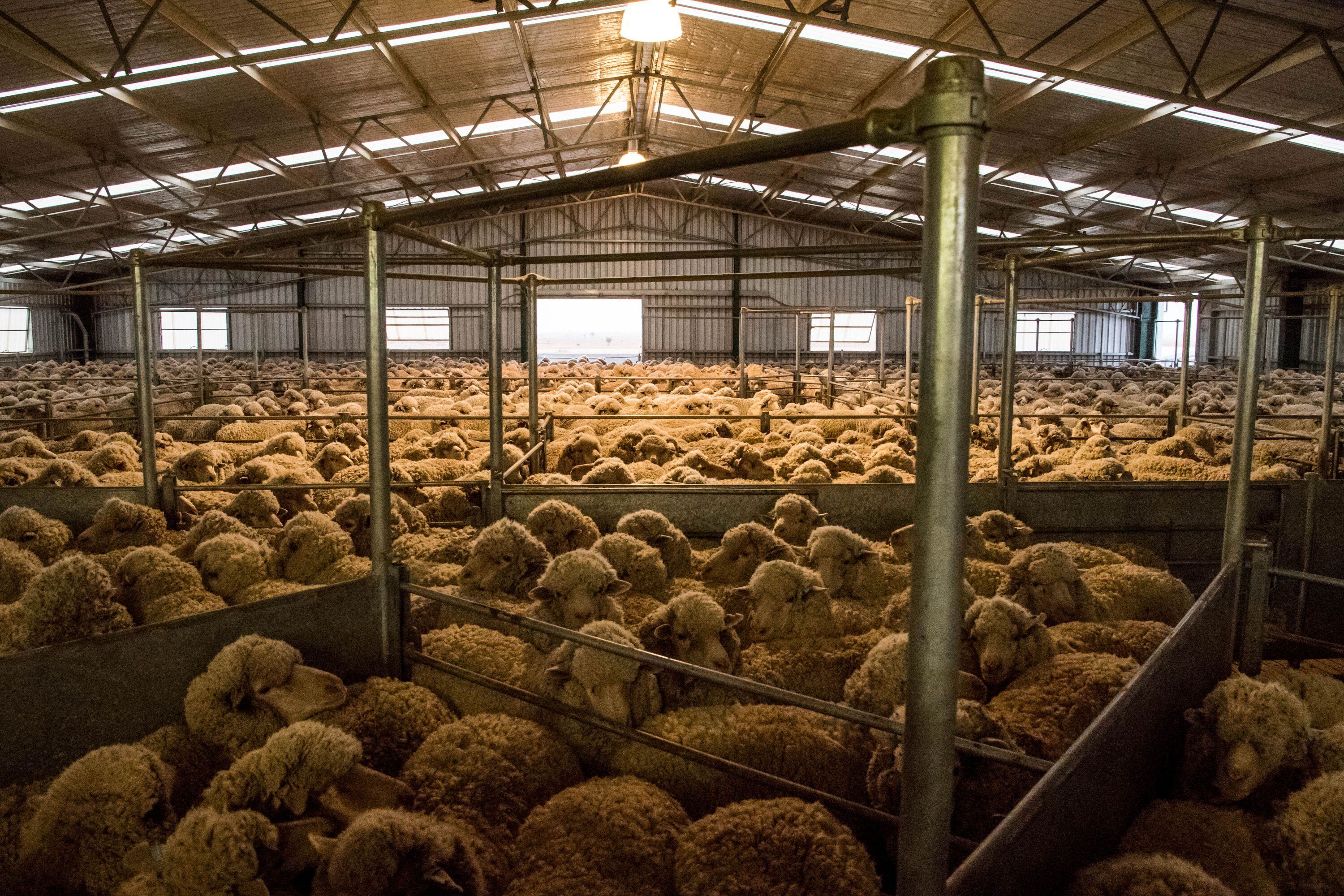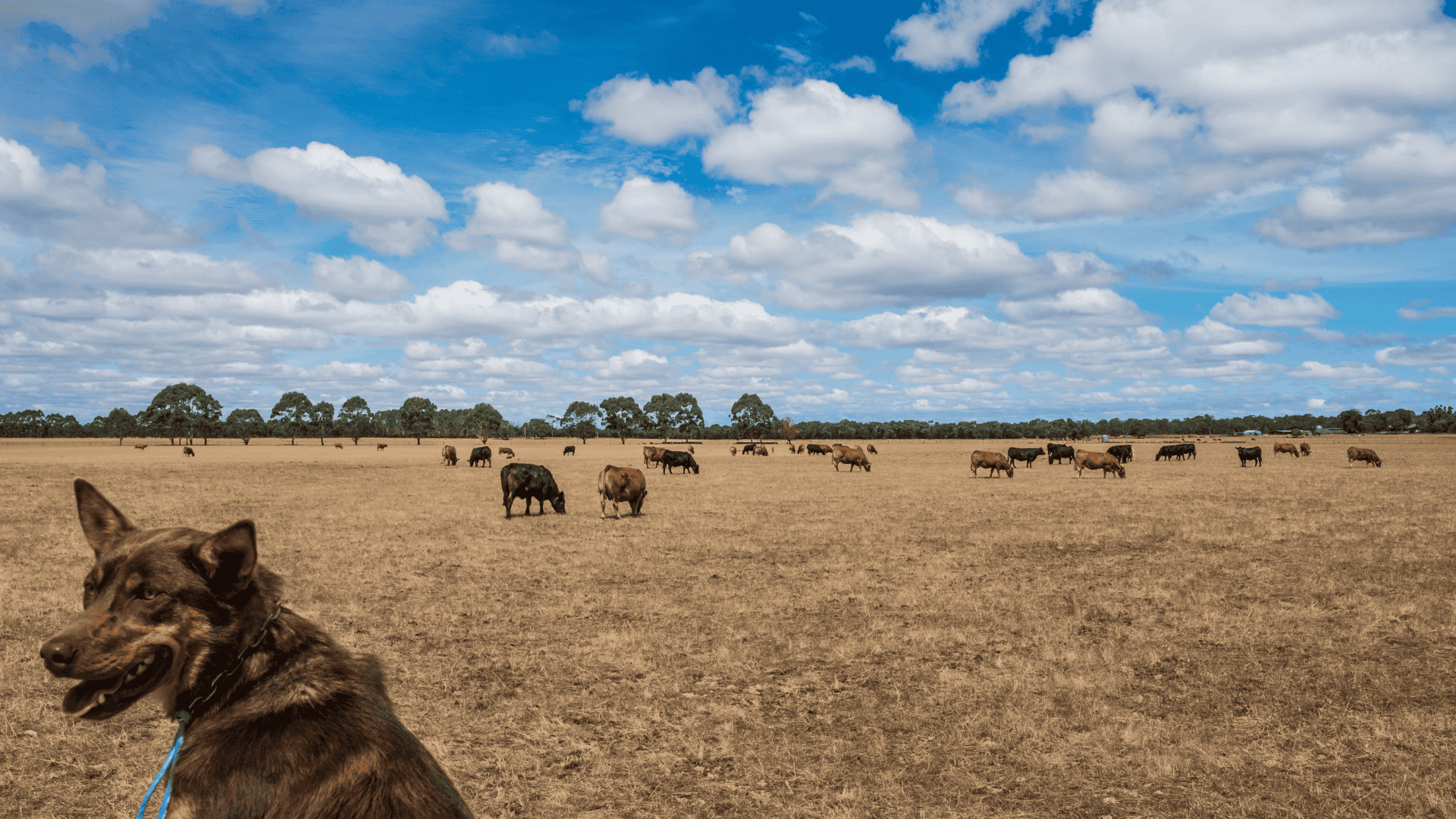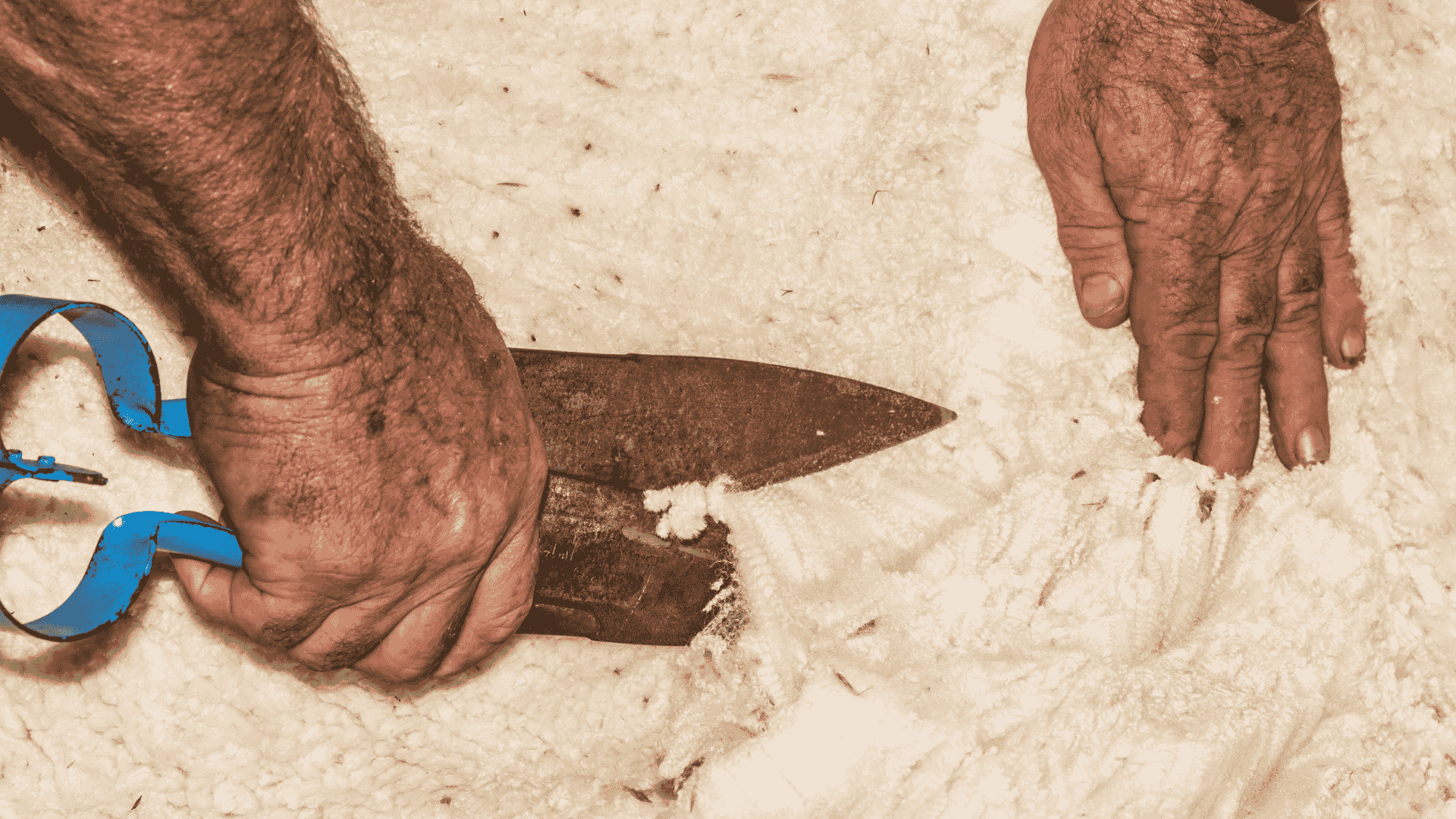Australia ag commodity prices and the Australian dollar
The higher Australian dollar has prompted questions about the likely impact on local extensive agricultural commodity prices. Mecardo has covered...
2 min read
 Alex McLaughlin
:
Jun 19, 2025
Alex McLaughlin
:
Jun 19, 2025

Recent market strength has seen robust activity across commercial sheep sales. That said, Merino ewe clearance on AuctionsPlus has moderated slightly in cases where reserve pricing hasn’t aligned with buyer appetite.
In this article, we’ll break down the key takeaways from the data and share strategies that can help you get the most out of your AuctionsPlus listings.
The analysis focuses on the relationship between the reserve price (the minimum price you’re willing to accept) and the starting price of each listing.
By looking at the difference, or "gap", between these two numbers, we can see how it impacts both clearance rates and average price per head.
Data from the past three years of AuctionsPlus sales clearly demonstrates that vendors who set reserve prices close to their starting price consistently outperform those who don’t.

Figure 1: Number of bids between start and reserve prices for Merino Ewes offered on AuctionsPlus. Source: AuctionsPlus
In 2024 alone, Merino Ewe listings with reserve prices requiring only 1–2 bids to meet reserve cleared at 79%. Clearance remained solid through the 3–5 bid range (63%) but fell away dramatically as the bid gap widened.
Buyers on the platform are showing a clear trend: they are unwilling to chase listings with wide reserve gaps. The platform data supports this, showing that in 2024 and 2025, most Merino ewe listings attracted between 0–10 bids.
Very few listings received more than 20 bids, highlighting a major mismatch between vendor expectations and buyer behaviour.

Figure 2: Clearance Rates Year-on-Year and corresponding no. of bids between start and reserve price for Merino Ewes sold on AuctionsPlus. Source: AuctionsPlus
Overtime it has become evident that vendors and agents are experiencing the success in savvy reserve setting. Since 2021, the year-on-year clearance have had strongest results within the 1-2 bid reserve gap, as depicted in Figure 2.
Vendors and agents who enter the market with a tight spread between start and reserve—ideally within 1–5 bids—benefit from significantly higher clearance rates and broader buyer engagement.
These listings perform best in both price and competition, creating more momentum during the sale and improving vendor outcomes.
While high-performing ewe lines will always attract attention, the data confirms that realistic reserve setting is the most reliable lever vendors can pull to boost both clearance and return.
Similarly, data from AuctionsPlus’ start to reserve analysis confirms a clear trend for Merino wether lambs in 2025. Listings with minimal gaps between the start price and reserve enjoy far better clearance and price performance.

Figure 3: The percentage of Merino Wether Lamb offerings sold at auction and post auction so far in 2025. Source: AuctionsPlus
Across the Merino wether lambs offered in 2025, the listings requiring just 1–2 bids to meet reserve, had 91% of listings clear at auction, with consistently strong buyer competition and a smoother auction process. Lots in the 3–5 bid range followed closely at 84%, but clearance began to taper off beyond that.

Figure 4: Total head percentage per bid range for Merino Wether Lambs. Source: AuctionsPlus
This is backed by buyer activity. The ‘Total Head Percentage per Bid Range’ chart shows that most Merino wether lamb listings in 2025 attracted 0–10 bids.
Very few listings received the 20+ bids needed to justify higher reserves, reflecting buyer reluctance to engage with overly ambitious pricing.
The evidence is clear: Vendors and agents who align their reserves within a 1–5 bid range from the start price have consistently benefited from higher buyer engagement and faster sales.
In a rising market, it’s tempting to hold out for more—but the platform data suggests that reasonable pricing still wins.
Want to get an indepth feel of how similar lots to yours have performed recently? Try AuctionsPlus' Price Discovery Tool now.
The tool offers an insight into the results of past auctions for similar livestock or machinery.
.png)
The higher Australian dollar has prompted questions about the likely impact on local extensive agricultural commodity prices. Mecardo has covered...

Last week, StoneX released its H1 2026 Australian Cattle & Beef Market Outlook report, which covers all key production forecasts for the beef...

Greasy wool prices have increased markedly this season, in the absence of any substantial improvement in macroeconomic indicators or major apparel...